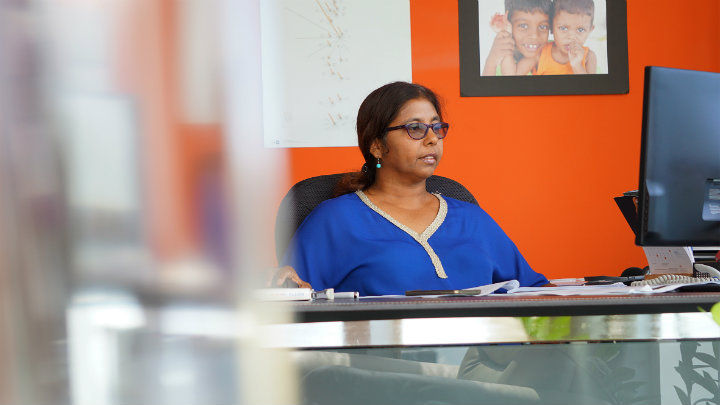Q&A: Rights advocate calls for affirmative action for Maldives women
Shadiya Ibrahim, the UNFPA’s assistant representative hails the Maldives’ ground-breaking Gender Equality Act, but says affirmative action is necessary to bridge the gender gap in political life and the work-place

28 Nov 2016, 09:00
In August, the Maldives parliament approved the Gender Equality Act, a law hailed as ground-breaking for setting out the role of government, political parties and businesses in bridging gender gaps in political, economic and family life.
The law adds to a host of legislation aimed at eliminating gender-based violence and discrimination, and sexual harassment in the work place.
The Gender Equality Act requires employers to provide equal opportunities and equal pay for men and women, set up committees to investigate complaints of discrimination, and take measures to eliminate obstacles to women’s participation in the labour force. Job advertisements targeting a specific gender are also discouraged.
The media must eliminate gender stereotypes, the law states in broad terms. It also entitles victims of gender-based violence to launch civil lawsuits for compensation.
Become a member
Get full access to our archive and personalise your experience.
Already a member?
Discussion
No comments yet. Be the first to share your thoughts!
No comments yet. Be the first to join the conversation!
Join the Conversation
Sign in to share your thoughts under an alias and take part in the discussion. Independent journalism thrives on open, respectful debate — your voice matters.




